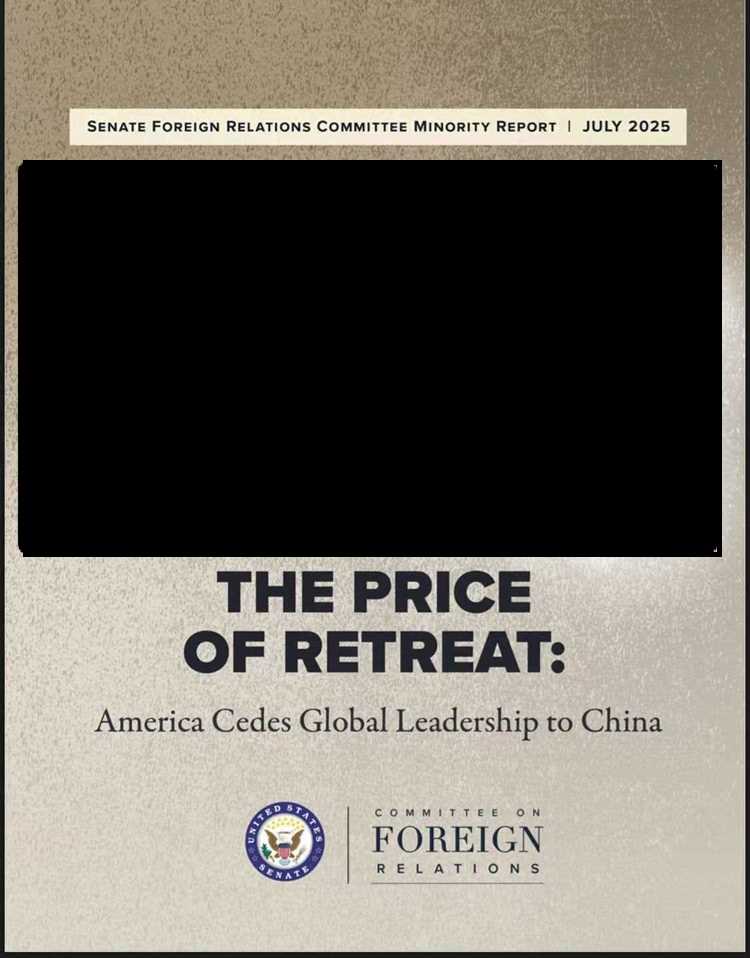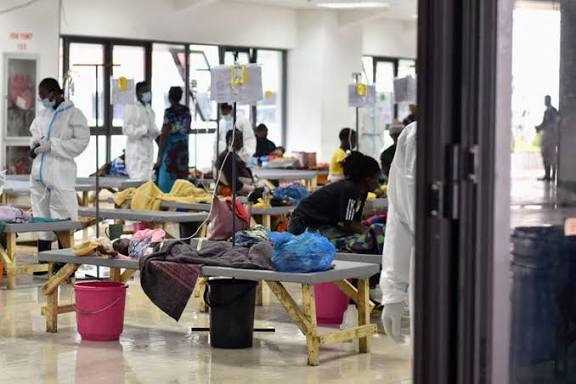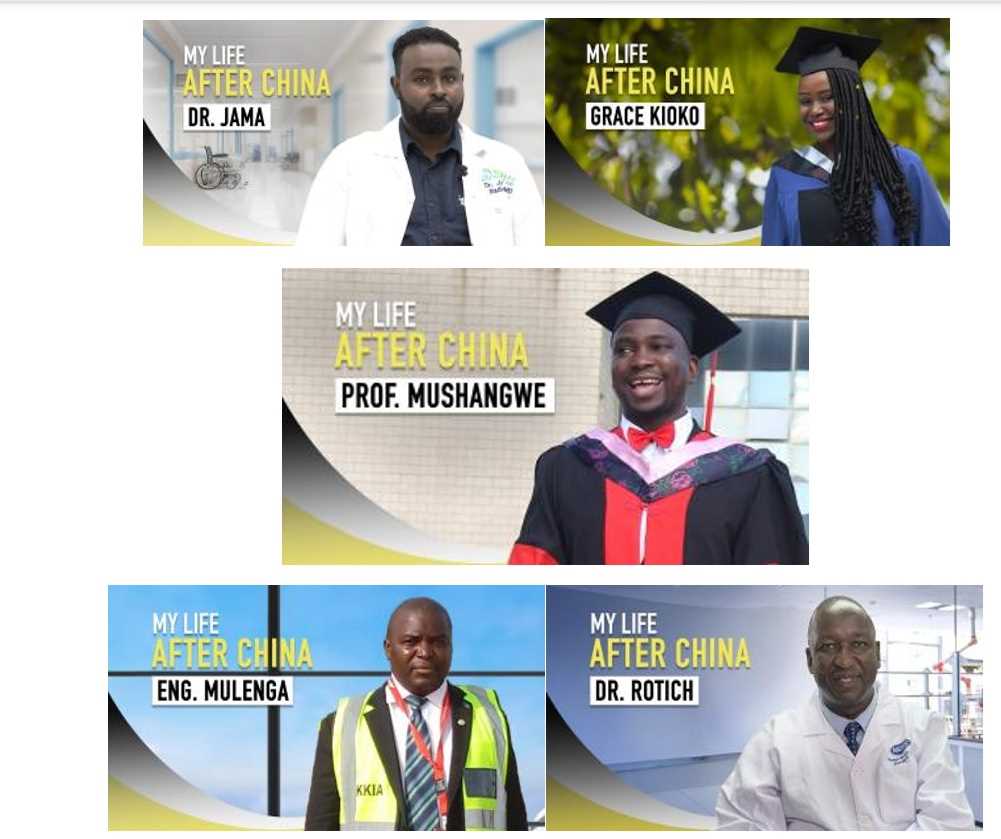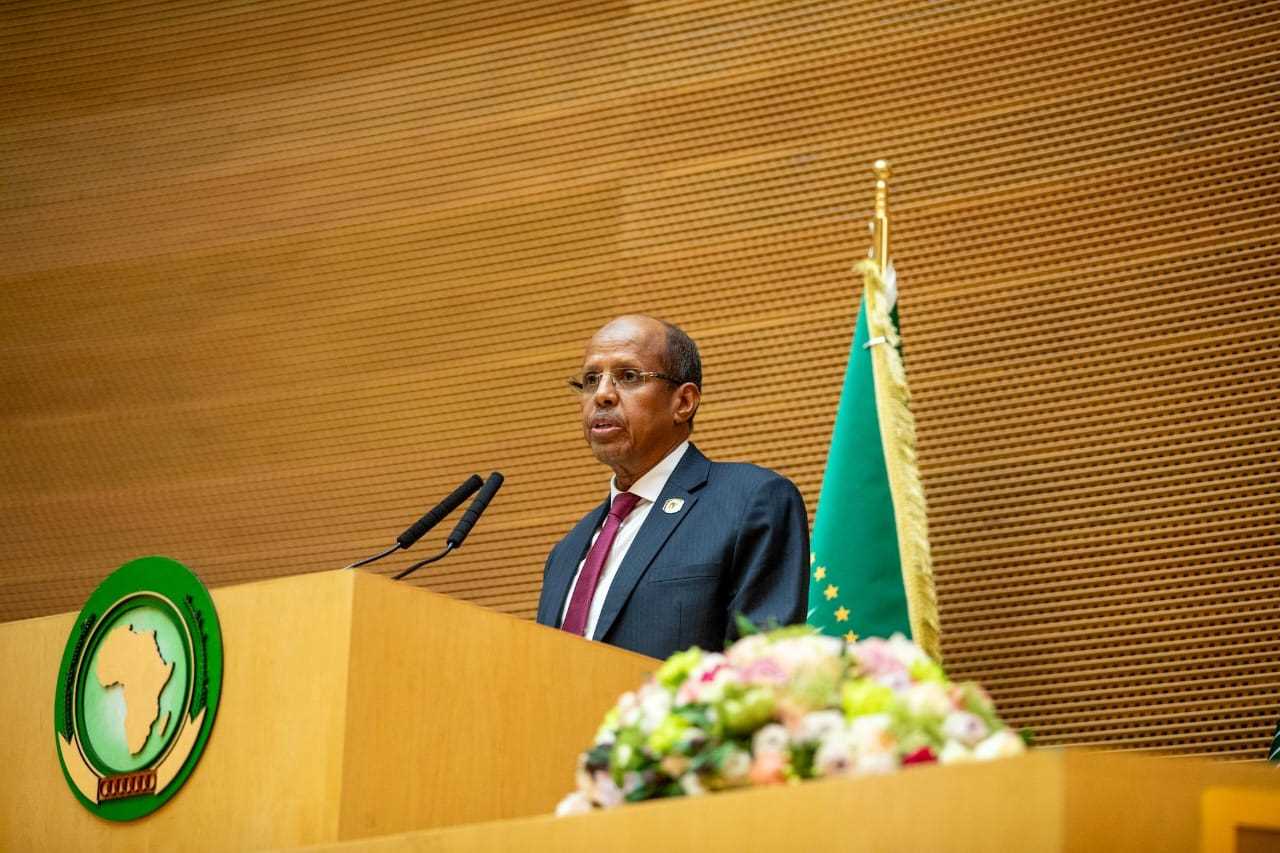Africa at the Epicenter of Superpower Rivalry

By Brian Ngugi in Kenya and Monica Cheru in Zimbabwe
Africa is increasingly the front line of strategic competition between the U.S. and China. As Washington retreats, Beijing moves in—deploying financial, diplomatic, and media influence to secure long-term gains. A recent U.S. Senate Minority Staff Report details how cuts to U.S. diplomacy and development have created opportunities China is actively exploiting.
Kenya: Public Diplomacy Meets Pragmatic Alignment
On June 12, 2025, China’s ambassador to Kenya posted an infographic mocking U.S. aid cuts, contrasting Trump-era disengagement with China’s “zero-tariff incentives, visa facilitation, and infrastructure financing programs.”
“Kenya is asking for the same … not to dismantle multilateralism, but to rebuild it on principles of equity and shared responsibility,” said Nelson Koech, Kenya’s National Assembly.
U.S.-funded broadcasters like Radio Free Asia lost airtime across Africa, and “in places like Kenya, similar transitions in content dominance are already underway.”
Kenyan Perspectives: Strategic Balancing
Dr. Oscar Otele of the University of Nairobi characterizes Nairobi’s deepening economic tie to China as part of Beijing’s economic diplomacy pushing its political agenda. Yet he insists President Ruto’s government is seeking to recalibrate rather than abandon Kenya’s historic Western ties.
Kenya’s National Assembly official Nelson Koech responded explosively to U.S. criticism of aligned diplomacy, calling for equity in global governance:
“Kenya is asking for the same … not to dismantle multilateralism, but to rebuild it on principles of equity and shared responsibility.”
Domestic Warning Bells
Related Stories
In Kenya, unfinished water and sanitation projects have emerged as immediate fallout of U.S. aid curbs. Half-completed irrigation canals and stalled pipelines have left communities vulnerable to flooding and disease.
Critical antiretroviral (ARV) supplies remain stuck in warehouses, stranding Kenya’s 1.4 million HIV patients and triggering emergency legal action.
Zimbabwe: Silent Absence, Growing Depth of Chinese Engagement
Although Zimbabwe is not quoted directly in the Senate report, it is named explicitly among countries affected by the U.S. termination of initiatives such as Power Africa, putting at risk over $26 billion in energy deals, including projects in Zimbabwe.
Zimbabwe also has key mineral resources like lithium, which the U.S. wants access to.
“China respects African countries’ political and economic choices based on their own national conditions … opposes all illegal sanctions on Zimbabwe …” said the Chinese Ambassador to Zimbabwe in an interview.
Rutendo Matinyarare and others call U.S. sanctions “economic war,” framing Zimbabwe’s alignment with China as a Pan-African assertion of sovereignty.
Strategic Diplomacy and Aid Expansion
According to Chinese officials, Zimbabwe and China enjoy an “all-weather friendship” with cooperation spanning mining, critical minerals, telecommunications, energy, and infrastructure. Noteworthy projects include a $13B mining-energy zone, expansion of Hwange Power Station Units 7 and 8, upgrades to Victoria Falls and Harare airports, and 1,000 boreholes serving 400,000 people.
Cultural and Technical Outreach
FOCAC initiatives report over 160,000 African talents trained under Chinese programs by 2023 and intensified people-to-people exchange efforts in Zimbabwe in education, health, and vocational training.
There are concerns tied to digital infrastructure: human rights lawyer Otto Saki warns that China has helped build Zimbabwe’s surveillance state via telecoms and state-network partnerships—a development echoed in citizen commentary.
Comparative Snapshot
| Dimension | Kenya | Zimbabwe |
| Official Strategy | Balanced diplomacy: “facing forward,” engaging both U.S. & China equally. | Deepening strategic ties under China’s FOCAC framework. Emphasizes non-interference and “win-win” cooperation. |
| Media & Messaging | Chinese state media (CGTN, CRI) airs via national broadcasters. U.S. broadcasters retrenched. | Confucius Institutes and technical exchange programs increasing Beijing’s soft power in Zimbabwe. |
| Impact of U.S. cuts | Water/ARP crises directly affecting millions. NGOs are scrambling to fill the gaps. | U.S. development projects halted, Chinese contractors stepping in |
| Local Commentary | Kenyan experts like Dr. Otele accept strategic realism but warn of over-reliance. | Zimbabwean activists like Rutendo Matinyarare emphasize the Pan-African value of resisting Western sanctions and deepening Chinese cooperation. |




















Leave Comments